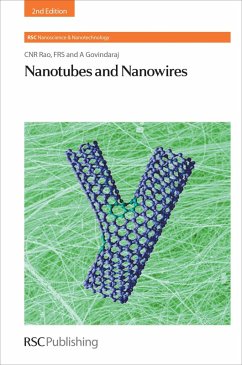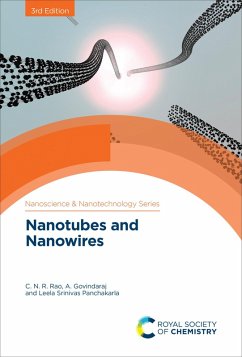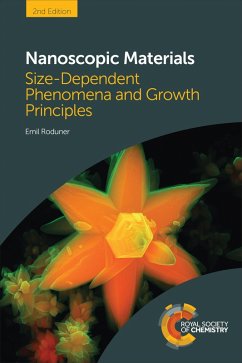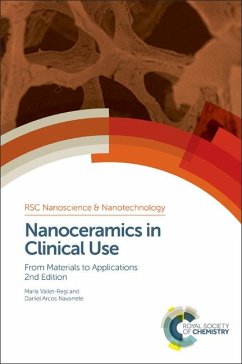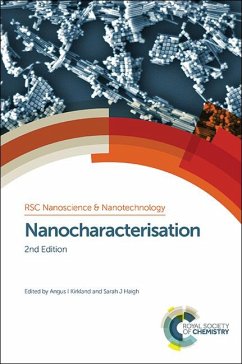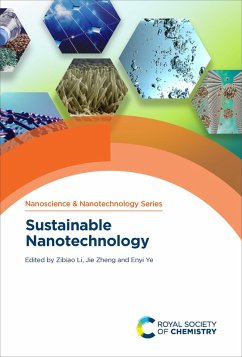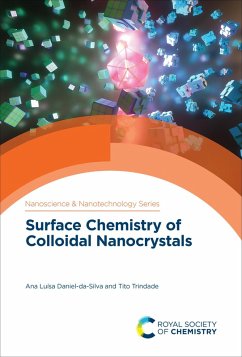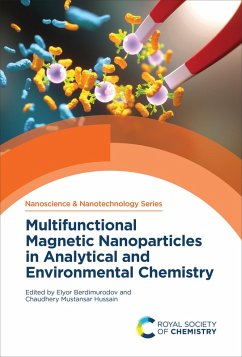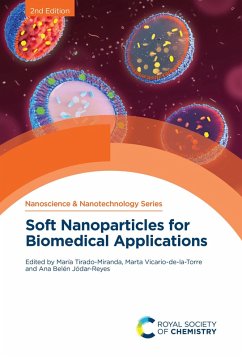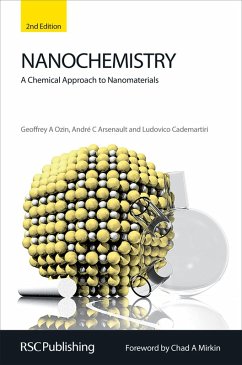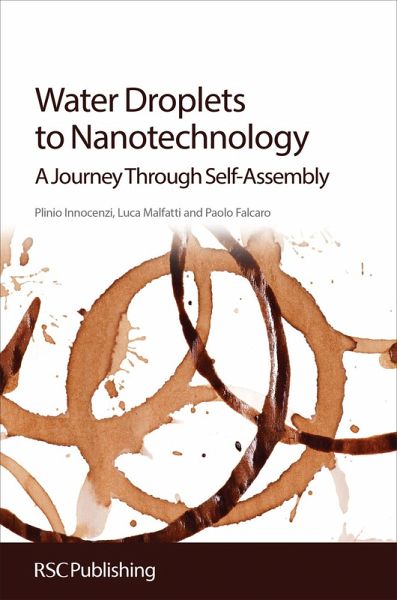
Water Droplets to Nanotechnology (eBook, ePUB)
A Journey Through Self-Assembly
Versandkostenfrei!
Sofort per Download lieferbar
61,95 €
inkl. MwSt.
Weitere Ausgaben:

PAYBACK Punkte
31 °P sammeln!
The ability of nanostructures to organize into complex arrangements leads to unique materials with valuable applications. Self-assembly is therefore a key concept for nanotechnology, but it can be quite a complex and difficult subject to approach. Water Droplets to Nanotechnology gives a simple and general overview of the different self-assembly processes which are at the basis of recent developments in nanotechnology.The book shows how simple phenomenon from everyday examples can become sophisticated tools for self-assembly and the fabrication of nanomaterials. By exploring the coffee stain a...
The ability of nanostructures to organize into complex arrangements leads to unique materials with valuable applications. Self-assembly is therefore a key concept for nanotechnology, but it can be quite a complex and difficult subject to approach. Water Droplets to Nanotechnology gives a simple and general overview of the different self-assembly processes which are at the basis of recent developments in nanotechnology.
The book shows how simple phenomenon from everyday examples can become sophisticated tools for self-assembly and the fabrication of nanomaterials. By exploring the coffee stain and tears of wine phenomena, the first part looks at how the evaporation of a droplet of colloidal solution can be used in designing organized structures. This leads onto more complex systems such as templated porous materials, photonic crystals, colloidal nanocrystals and quasi-crystals through to bottom-up systems for designing hierarchal materials.
By taking the reader on a journey from everyday life to the secrets of nanotechnology, the book is suitable for a non-specialist audience interested in self-assembly as well as the wider perspectives and latest developments of nanoscience.
The book shows how simple phenomenon from everyday examples can become sophisticated tools for self-assembly and the fabrication of nanomaterials. By exploring the coffee stain and tears of wine phenomena, the first part looks at how the evaporation of a droplet of colloidal solution can be used in designing organized structures. This leads onto more complex systems such as templated porous materials, photonic crystals, colloidal nanocrystals and quasi-crystals through to bottom-up systems for designing hierarchal materials.
By taking the reader on a journey from everyday life to the secrets of nanotechnology, the book is suitable for a non-specialist audience interested in self-assembly as well as the wider perspectives and latest developments of nanoscience.
Dieser Download kann aus rechtlichen Gründen nur mit Rechnungsadresse in A, D ausgeliefert werden.




